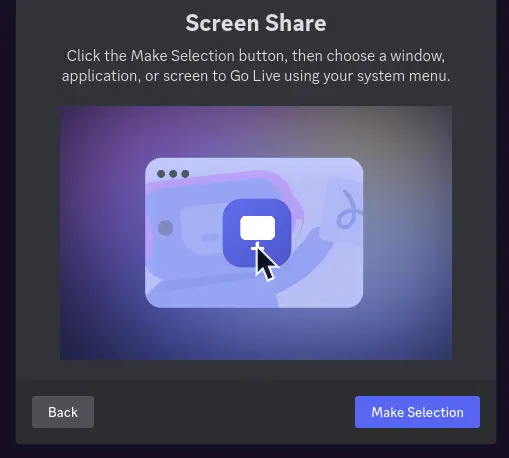this post was submitted on 26 Nov 2024
1036 points (97.6% liked)
Linux
48389 readers
1024 users here now
From Wikipedia, the free encyclopedia
Linux is a family of open source Unix-like operating systems based on the Linux kernel, an operating system kernel first released on September 17, 1991 by Linus Torvalds. Linux is typically packaged in a Linux distribution (or distro for short).
Distributions include the Linux kernel and supporting system software and libraries, many of which are provided by the GNU Project. Many Linux distributions use the word "Linux" in their name, but the Free Software Foundation uses the name GNU/Linux to emphasize the importance of GNU software, causing some controversy.
Rules
- Posts must be relevant to operating systems running the Linux kernel. GNU/Linux or otherwise.
- No misinformation
- No NSFW content
- No hate speech, bigotry, etc
Related Communities
Community icon by Alpár-Etele Méder, licensed under CC BY 3.0
founded 5 years ago
MODERATORS
you are viewing a single comment's thread
view the rest of the comments
view the rest of the comments

Just being supported as a protocol doesn't mean everything is done. Chromium probably didn't have it until years after that, and operating systems may not have implemented it umtil more recently.
Chromium had it for qhite a while, but it isn't really relevant... Discord's implementation of screen sharing was custom on X11, if they had used the one that comes with Electron, this would've worked far earlier.
DEs that had a Wayland session (aka Gnome and Plasma) supported it very soon after the portal was made.
The real reason won't be anything external, but something in the company. Usually it's just that Linux isn't a priority for a given company, so even if there's a motivated engineer that wants to take care of it, it's hard justifying to their managers why they need to spend a lot of time on it.
This isn't exclusive to Discord, to use a very similar example, Zoom is kinda worse. In the past, Zoom misused a Gnome screenshot API to do screen casting very badly, and recently they ported to the desktop portal - not because they had a choice, but because Gnome locked down the API they were using. Screen casting still only works on Gnome though, because they still check for the desktop name. If you set it to Gnome, it works perfectly fine everywhere else too!
All it would take to fix that problem is removing an if statement, yet, despite many complaints, it hasn't happened... because no big customer has complained, so it's just one of the unimportant Linux bugs.
Thanks for the additional info.